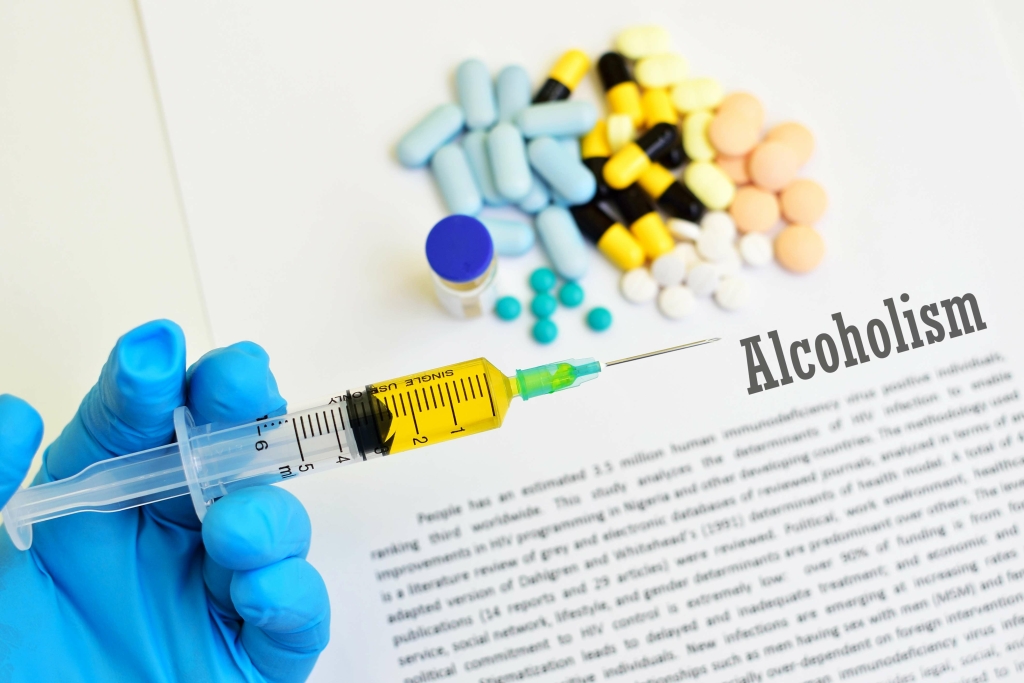A loved one might need time to accept amends and feel okay with it. The person may need to know the hurt will never be caused again before working on trust. “Living amends” is about making daily changes, walking the walk, and showing a true commitment to everyone around. True changes show that the person is serious and is working little by little to shift towards a positive space with all involved. It is worth it to cross the bridge on the journey of healing towards making amends. It does not mean it will all go smoothly but at least being sincere and honest will go a long way towards reconciling those important family relationships.

The Meaning of Amends in Step 9
You’ve probably already discovered that by staying clean and sober and by working the Twelve Steps of AA that things are getting better. Becoming a ”better person” means that we are less willing to engage in destructive behaviors, mostly because we are aware of how much they cost us in human misery. That self-centeredness is replaced by an awareness of other people, and instead of being indifferent, we begin to care. At this point in our step work we may be trudging the road to happy destiny, but we’ve reached the point where we must repair what we left behind us on a path of shattered relationships.
- People who become addicted to alcohol or other drugs might lie, cheat, or steal in order to get and use their chemical of choice.
- You’ve probably already discovered that by staying clean and sober and by working the Twelve Steps of AA that things are getting better.
- Relationships are chief among the casualties of substance use disorders, and for good reason.
Get Guidance on Approaching the Amends Process Properly

You might find that while making amends is one of the key principles, the hardest forgiveness you will seek is from living amends yourself. Demonstrating your humility after addiction is an act of cleansing. Only through the practice of making relationships right can you answer your own idea of forgiving yourself.
Hw To Work The 12th Step Effectively
Step 9 encourages a deep dive into self-forgiveness, a significant step toward personal healing. Practicing the spiritual principle of love is something we’ve been doing throughout our recovery just by staying clean and sober. By Step Nine, we’ve eliminated many of the destructive attitudes, perspectives and feelings we used to have, which makes room for love in our lives.
They describe the profound freedom and peace that result from making amends and living in integrity. Humility, as described in the Big Book, is not about shame or self-deprecation—it’s about recognizing our need for help beyond our own strength. Step 7 asks us to approach God with the willingness to have our shortcomings removed, even if we aren’t fully sure how it will happen. True humility means accepting that we can’t transform alone and trusting in God’s guidance for personal growth. The focus here is on genuine willingness, not perfection, as we let go of the https://gokamping.cl/how-to-prevent-and-treat-alcohol-flush/ patterns that fueled our addiction.
- The path of sobriety is not a solitary journey, and Step 9 focuses on the importance of mending broken relationships and seeking collective healing.
- Step 9 centers on forgiveness and restoration, confronting past actions directly rather than avoiding them.
- In Alcoholics Anonymous, making amends must be completed to finish the steps.
- This is their right, and it’s crucial to respect their agency.
- Your loved ones must know that you are apologetic for what you did and the harm you caused.
Spiritual Principles in Amends

Regular practice strengthens our spiritual foundation and keeps us moving forward in personal recovery. Step 10 helps us stay spiritually fit by practicing daily self-reflection and accountability. This step encourages us to remain aware of our thoughts, behaviors, and emotional state as we continue in our recovery. It’s not about perfection but staying honest with ourselves and making corrections as needed to maintain emotional sobriety.
If we had not developed a relationship with a Higher Power, we wouldn’t alcoholism symptoms now have the faith and trust that we definitely need to work Step Nine! If we had not done our Fourth and Fifth Steps, we would probably still be so confused about our own personal responsibility, we wouldn’t know specifically what we’re making amends for. If we hadn’t developed humility in the Sixth and Seventh Steps we’d likely approach our amends with self-righteousness, blame or anger.
Encourage him to address you honestly, sharing his pain and anger. If he chooses to do so, calmly acknowledge your additional behaviors and ask forgiveness. Remember that you have no control over whether someone forgives you.
The reason I give this disclaimer is making amends is a personal thing. Since we do not likely know one another, I cannot tailor your amends for the people you need to reach out to. Take your time as you go through the 12 steps of recovery, and God will reveal what you need to do. Remember, the goal in Step 9 is to foster healing and restoration — not just for you but also for those you’ve affected. The journey to recovery requires thoughtfulness, introspection, and an understanding that every action has an impact. Sometimes, the best amends we can make are the ones that ensure we won’t cause similar harm in the future.
